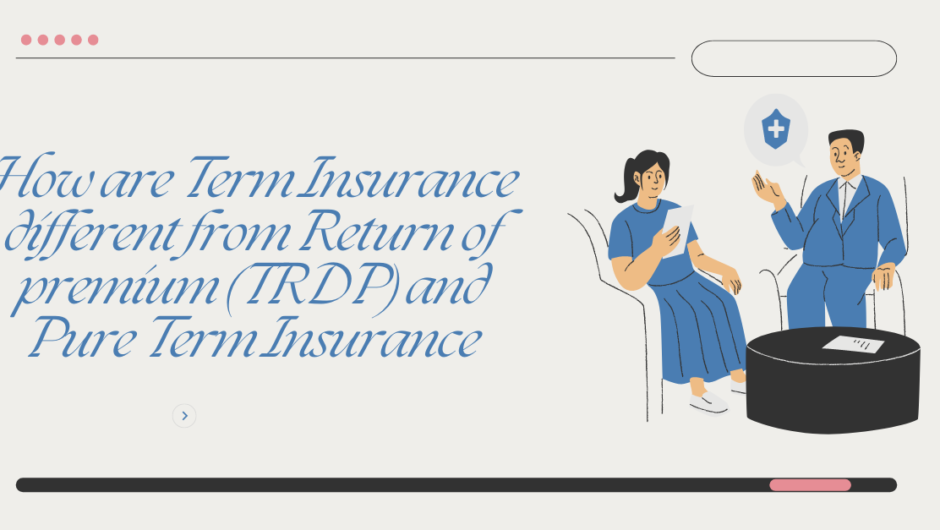“Investment is an important part of life nowadays and it is essential to understand different options available in the market. According to a survey, around 63% of the investors in India prefer Portfolio Management Services (PMS) over Mutual Funds. PMS is a popular investment option for experienced investors due to its flexible nature and higher returns. But how exactly is PMS different from Mutual Funds? This article will explore the key differences between PMS and Mutual Funds to help you make an informed investment decision.”
Definition of PMS and Mutual funds
PMS or Portfolio Management Services is a term used in the investment world to refer to a type of investment product in which a professional money manager actively manages a portfolio of securities on behalf of a client. PMS services are typically provided by registered investment advisers and are subject to regulation under the Investment Advisers Act of 1940.
Mutual funds, on the other hand, are pooled investments managed by professional money managers. Unlike PMS investments, mutual funds are not actively managed. Instead, the fund manager purchases a portfolio of securities and invests in them according to the fund‘s investment objectives. Mutual funds are regulated by the U.S. Securities and Exchange Commission (SEC) and are subject to the Investment Company Act of 1940.
PMS and mutual funds are both viable investment options for those looking to build wealth and diversify their portfolios. While PMS investments offer the potential for higher returns due to their active management, they also carry higher risks and fees. Mutual funds, on the other hand, are considered to be less risky and typically have lower fees. Ultimately, the decision of whether to invest in a PMS or a mutual fund should be based on an individual‘s financial goals, risk tolerance, and investment horizon.
How PMS is different from Mutual Funds
When it comes to investing, PMS and Mutual Funds are two options that are often compared. Though similar in some ways, they are quite different when it comes to investment size, investment strategy, and fees and expenses.
- First, when it comes to investment size, PMS requires a minimum investment of at least a few lakhs whereas Mutual Funds generally require a much smaller amount of money to invest. This makes PMS an option only available to those with large amounts of money to invest, while Mutual Funds are accessible to those with limited funds.
- Second, the investment strategy of PMS and Mutual Funds differs significantly. PMS is focused on outperforming the market and is managed by highly experienced professionals. Mutual Funds, on the other hand, are more diversified and are actively managed to achieve a specific investment target.
- Finally, when it comes to fees and expenses, PMS is generally more expensive than Mutual Funds. PMS typically charges a percentage of the profits made from the investment, while Mutual Funds charge a flat fee for their services.
In conclusion, PMS and Mutual Funds are similar in some ways, but differ significantly when it comes to investment size, investment strategy, and fees and expenses. Those looking to invest should weigh the pros and cons of each option in order to make the best decision for their individual needs.
Advantages and Disadvantages of PMS
This type of investment has both advantages and disadvantages, which should be taken into consideration before making a decision to invest.
Advantages
- The main advantage of PMS investment is the ability to have a portfolio manager who can do the research and analysis of the market and make wise investment decisions. This can result in higher returns and lower risk.
- Additionally, PMS investment provides more control over the portfolio, allowing the investor to customize the investments to their own risk tolerance and preferences.
- Lastly, PMS investment can be done with a smaller capital compared to other investments, making it more accessible to those with lesser funds.
Disadvantages
However, PMS investment does come with some risks.
- There is no guarantee of returns, and the portfolio manager may not always make sound decisions.
- Additionally, the fees associated with this type of investment can be quite high, making it more expensive than other forms of investment.
- There is also the risk of fraud and other unethical practices, since the portfolio manager is not always held accountable for their decisions.
In conclusion, PMS investment can be a great option for those who want to have more control over their investments and are willing to take on the risks associated with it. However, it is important to do research and understand the associated fees and risks before making any decisions.
Advantages and Disadvantages of Mutual Funds
Mutual funds are a great way to balance risk and potential returns, but like all investments, there are advantages and disadvantages to consider.
Advantages
- The primary advantage of mutual funds is the potential for consistent returns with the proper diversification. By pooling together, the funds of multiple investors, mutual fund managers are able to purchase a variety of stocks and bonds that offer a wide range of potential returns. This allows for a greater spread of risk, which helps to ensure that any losses will be offset by gains elsewhere in the portfolio.
- Another advantage of mutual funds is the cost effectiveness. Because mutual funds are managed by professionals, fees are typically lower than those associated with individual stocks and bonds. This allows investors to keep more of their returns, and to invest more of their capital into additional funds.
- Finally, one of the biggest advantages of mutual funds is the ease of use. As opposed to individual stocks and bonds, mutual funds are relatively simple to buy and sell. Investors can also set up automatic transfers to ensure that their portfolio remains properly diversified.
Disadvantages
There are also some potential drawbacks to mutual funds.
- The first is that investors have little control over the investments that are made. While there are limits on the types of securities that can be included in a mutual fund, ultimately the portfolio is managed by the fund manager. This can be a problem for those who prefer to have a greater degree of control over their investments.
- Additionally, investors must also consider potential fees associated with mutual funds. While these fees are typically lower than those associated with individual stocks and bonds, they can still add up over time.
- Furthermore, some funds may also charge additional fees if investors decide to buy and sell shares too frequently. Overall, mutual funds can be an effective way to balance risk and potential returns.
However, investors should take the time to understand the pros and cons associated with mutual funds before investing. With careful consideration and research, mutual funds can be a great way to diversify a portfolio and potentially maximize returns.
FAQ
What kind of returns can I expect from PMS Investment?
The returns from PMS Investment depend on the portfolio manager and the type of investments chosen. Generally, it is expected that PMS will generate returns higher than those of mutual funds, although there is no guarantee that this will be the case.
How much money do I need to invest in PMS?
Generally, PMS portfolios require a minimum investment amount of at least Rs.25 lakhs.
How do I choose a PMS provider?
When choosing a PMS provider, it is important to consider factors such as their track record, the services they offer, their fees and charges, and the portfolio management style.
How is my money invested in PMS?
The portfolio manager will make decisions about which securities to invest in based on the individual investor’s risk appetite and investment objectives.
How often will my PMS portfolio be monitored?
The portfolio manager will monitor the portfolio on a regular basis and make adjustments as necessary in order to meet the investor’s goals.
How can I withdraw money from my PMS portfolio?
The investor can withdraw money from their PMS portfolio at any time. However, it is important to note that there may be tax implications associated with withdrawals and the portfolio manager should be consulted before any withdrawals are made.
CONCLUSION
“Investing wisely is a skill, not a gift.” This quote aptly summarizes the importance of understanding the difference between PMS and Mutual Funds before investing. PMS Investment is a great way for investors to gain high returns with a tailored portfolio to match their personal goals. With the help of a portfolio manager and the right strategies, investors can reap the benefits of PMS Investment with careful consideration.












